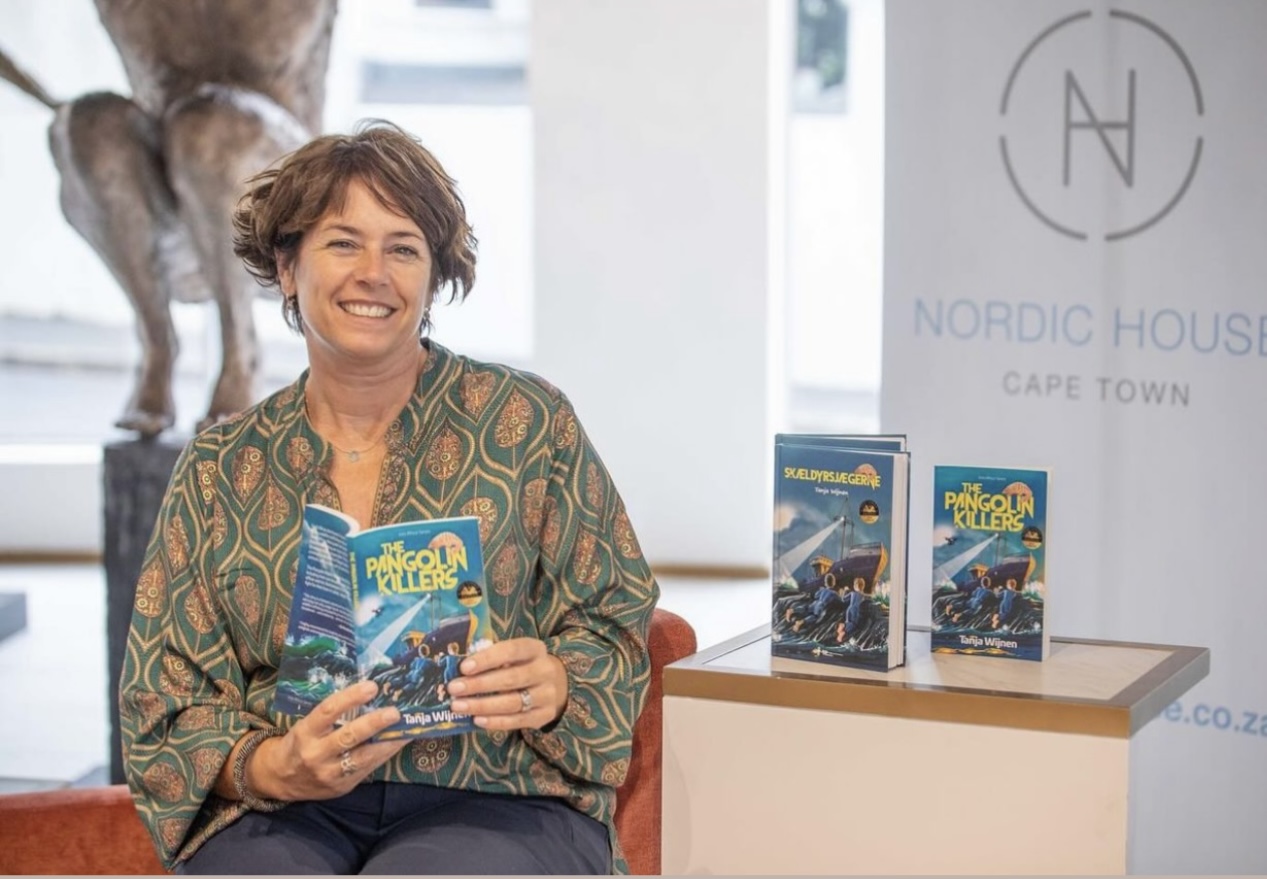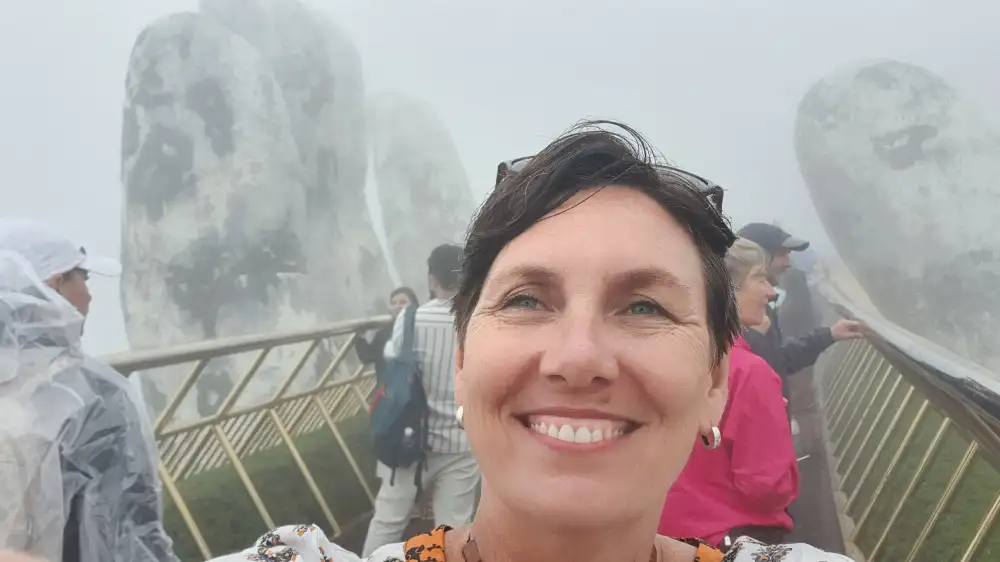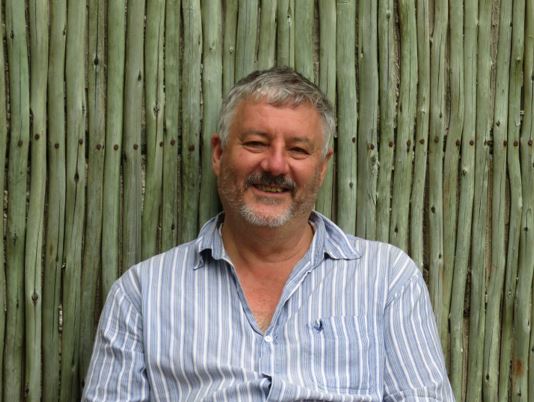For writers who start out with great ideas, but then get derailed by doubts, HANLIE VAN TONDER has the perfect solution. Read these six strategies to transform fears into writing action.
‘Shaken, not stirred.’ This is how secret service agent James Bond prefers his Martini. It’s arguably also one of the most quotable movie lines of all time.
But for many aspiring writers, the mixology is slightly more complex and not nearly as sexy. One part dream and two parts self-doubt do not make the perfect cocktail. Those who’ve tried this concoction have suffered its unenviable consequence – a severe hangover called Blank Page Syndrome.
Self-doubt, fear and the writer
There are many reasons why writers can experience the paralysing effect of self-doubt. This cynical inner voice asks difficult questions, hoping you won’t find the answers – and that you, in turn, give up writing.
Well, let’s excavate the six biggest doubts or fears you may have as a writer, plus a strategy to get those words flowing.
1. Fear of failure
You may not get it right at first. It’s really the idea of failure that gets the better of us. For many new writers, the possibility that they may not have what it takes to get published turns the fear of failure into the fear of writing. So, they stop writing!
Reframe your narrative of fear by changing the story you tell yourself. Shifting your perspective from ‘I am failing as a writer’ to ‘I am getting better at this every time I hit the keyboard’ will make you think differently about failure.
2. Fear of imperfection
You won’t succeed if perfection is the ultimate goal. Margaret Atwood, author of The Handmaid’s Tale (1985, McClelland and Stewart), said: ‘If I waited for perfection, I would never write a word.’
In his 2008 research on perfection paralysis, Frank Gannon from the Berghofer Medical Institute noted that many students in his laboratory lacked one ‘critical attitude’: the tolerance of imperfection. By emphasising the inevitable imperfections of their work, Gannon’s students found reasons to abandon their research rather than rethink their approach.
Rather than hoping for flawless results, accept that writing is a bumpy road. Don’t put so much pressure on yourself. Writing is not a one-way trip to Mars. It’s potentially a roundtrip to a magical world that you get to express in words so that others may experience it through their own eyes.
3. Fear of being unoriginal
You won’t find the winning idea until you’re willing to be found. Ideas are everywhere, but sometimes you have to be still and wait for them to come to you.
Elizabeth Gilbert, in her quintessential book on creativity, Big Magic, describes ideas as living entities that exist independently, waiting for the right person to bring them to life. She believes that creative ideas float around, seeking a receptive mind. If a writer is not ready or willing to act, the idea may move on to someone else. Gilbert encourages writers to stay open, attentive and brave enough to seize inspiration when it arrives.
Your ideas will come – from the chapters of your own life, the stories told to you by others and the surprising discoveries you make during your lifetime.
4. Fear of being under-qualified
You cannot become a successful writer if you think of your writing career as a solo journey. There is a duality in being a great writer. First, you must come pre-packaged with a gift for writing. Then you must polish this gift. And how do you best refine your writing? By learning from master writers.
Consider studying with award-winning writing experts and discover how to turn your writing into extraordinary masterpieces for your readers.
Read more:
- Writing Courses Online
- The Battle with Self-Doubt and How to Overcome It
- Sometimes Writing Demands You Come Back Later
5. Fear of not measuring up
There will always be better writers if you compare yourself to them from a place of self-doubt.
We learn to compare ourselves to others at a young age. From the first time we lose an athletics race or miss out on a top performer award, self-doubt creeps into our way of thinking.
The antidote to comparison is to read other writers’ work not as self-prophesising proof that they’re better than you, but as an expansion to your frame of reference.
6. Fear of success
Many people – including writers – subconsciously fear success. Though opposites, both fear of failure and fear of success stem from the same root system: self-doubt. Researcher Kendra Cherry suggests that fear of success, in its most primal attack, convinces us to self-sabotage. This fear often manifests as anxious thoughts about being in the spotlight, having more responsibilities than you can handle or having to make personal sacrifices.
Start by reframing your fear. Excitement often feels a lot like fear. Your heart may beat faster at the thought of meeting a writing deadline today. You may even feel dizzy. Go with the feeling, but don’t call it fear!
Shifting from fear to hope
All writers, published or not, feel fear. The trick is to focus on why you’re writing instead of what you’re writing about.
For some, it may be to pursue their passion. Others will claim they didn’t choose writing – writing chose them. Whichever answer rings true for you, find the reason that outshines all your fears.
Armed with your writing purpose, create a new cocktail to stir up your courage and commitment to write: a dash of excitement, a pinch of self-compassion and rationality, a good dose of availability to ideas, and a measure of support from expert writers.
May you be spectacular!
About the Author

Hanlie van Tonder is a graduate of the Writing Articles for Websites and Blogs Course. As a certified Life Transformation and Mental Health Coach, she finds fulfilment in helping others discover their full potential and live game-changing lives. Believing that each person holds within themselves a surprising set of extraordinary gifts, Hanlie is an avid ‘collector’ of stories from all walks of life. With her childhood roots firmly anchored in South Africa’s Karoo soil, she enjoys spending quiet time in nature and appreciating its revitalising beauty.














